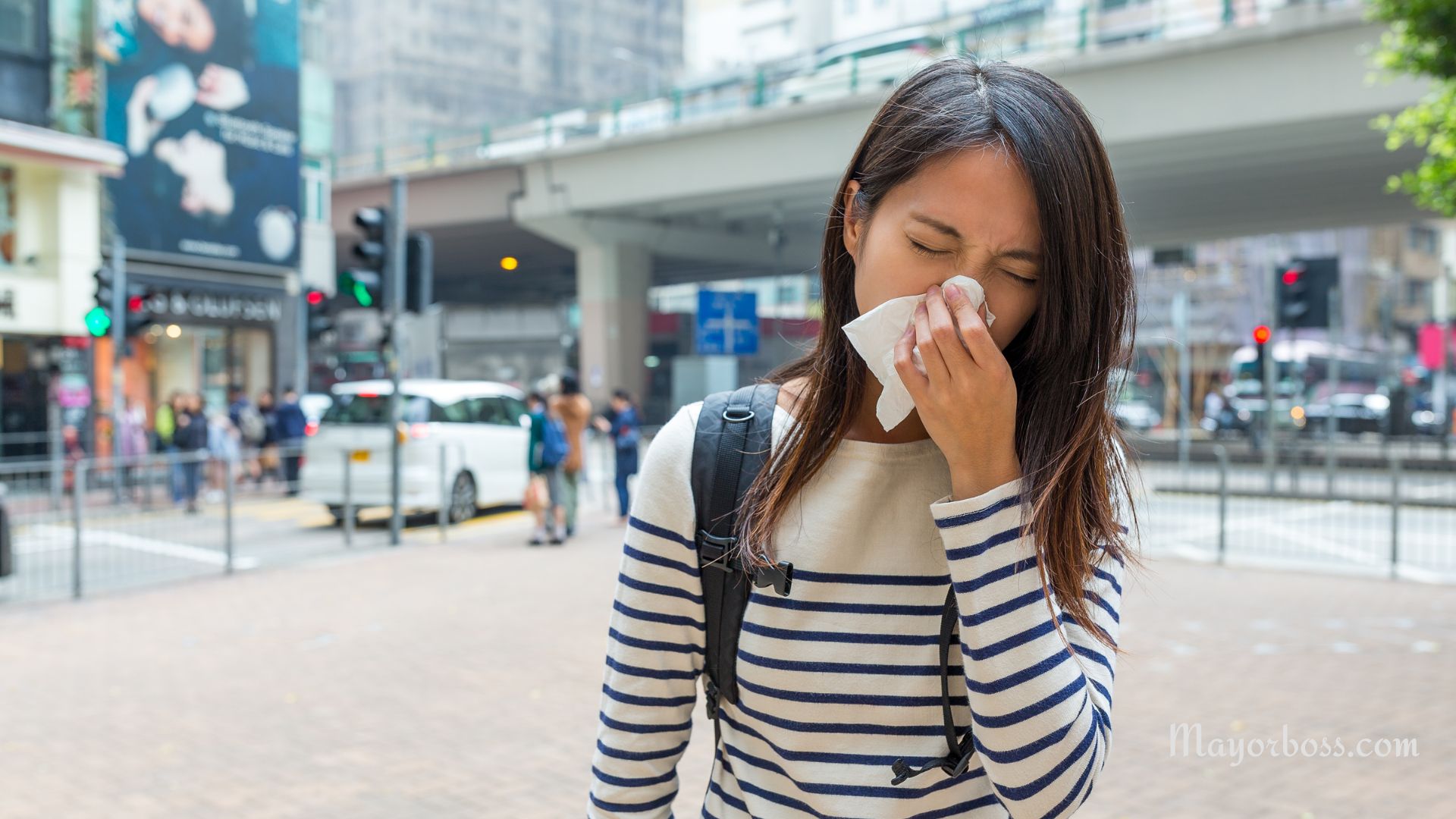Why Your Sneeze Smells: Causes and Treatment
Have you ever sneezed and noticed a peculiar smell afterward? It’s a common experience that often goes unaddressed, primarily because talking about sneezes and their odors can feel a bit awkward. However, understanding why your sneeze smells is not only interesting but can also be important for your health. This article explains what your body might be telling you through the scent of your sneeze.

What Causes a Sneeze to Smell?
Several factors can contribute to the smell of your sneeze. Let’s break them down:
- Bacterial Infections: Bacteria in your respiratory system, like those causing sinus infections, can produce odorous compounds. When you sneeze, these compounds are expelled, leading to a noticeable smell.
- Dental Issues: Problems in your oral health, such as tooth decay or gum disease, can cause bad breath. When you sneeze, the force can push these odors from your mouth, making the sneeze smell unpleasant.
- Dietary Factors: Certain foods and drinks, especially those with strong odors like garlic or alcohol, can affect the smell of your sneeze by altering the scent of your breath.
- Nasal and Sinus Conditions: Chronic sinusitis or other nasal conditions can lead to the buildup of mucus and bacteria, causing a foul odor that becomes apparent when you sneeze.
Treatment and Management of Sneeze Smells
If your sneeze has a bad odor, consider the following steps:
- Consult a Healthcare Provider: If you suspect an infection or a chronic sinus condition, it’s crucial to see a doctor. They can prescribe medications like antibiotics or nasal sprays.
- Maintain Good Oral Hygiene: Brushing and flossing regularly can help prevent dental issues that might contribute to smelly sneezes.
- Watch Your Diet: Be mindful of consuming odor-causing foods and drinks, and see if avoiding them makes a difference.
- Stay Hydrated: Drinking plenty of water can help flush out bacteria and reduce the concentration of compounds that cause odors.
Preventing Smelly Sneezes
To minimize the chances of having a smelly sneeze, you can:
- Practice Good Hygiene: Regular hand washing and avoiding touching your face can reduce the possibility of infections that might cause smelly sneezes.
- Keep Your Sinuses Clear: Using saline nasal sprays and staying hydrated can help keep your nasal passages clear.
- Regular Dental Check-Ups: Regular visits to the dentist can catch and treat oral health issues early.
Frequently Asked Questions
Is a smelly sneeze always a sign of an infection?
Not necessarily. While infections are a common cause, other factors like diet and dental health can also contribute. However, if the smell persists or is accompanied by other symptoms, it’s clever to consult a healthcare professional.
Can allergies cause my sneeze to smell?
Allergies themselves don’t typically cause a sneeze to smell. However, they can lead to sinus congestion and postnasal drip, which can contribute to bacterial growth and, in turn, a smelly sneeze.
Should I be worried about a one-time smelly sneeze?
A single instance of a smelly sneeze is usually not a cause for concern. It could be a temporary effect of something you ate or a transient bacterial presence. However, if it becomes a regular occurrence, it’s a good idea to see a doctor.
In summary, while a smelly sneeze can be a bit off-putting, it’s often a minor and treatable issue. Paying attention to your body’s signals, maintaining good hygiene, and seeking medical advice when necessary can help you address this quirky yet common bodily function.
